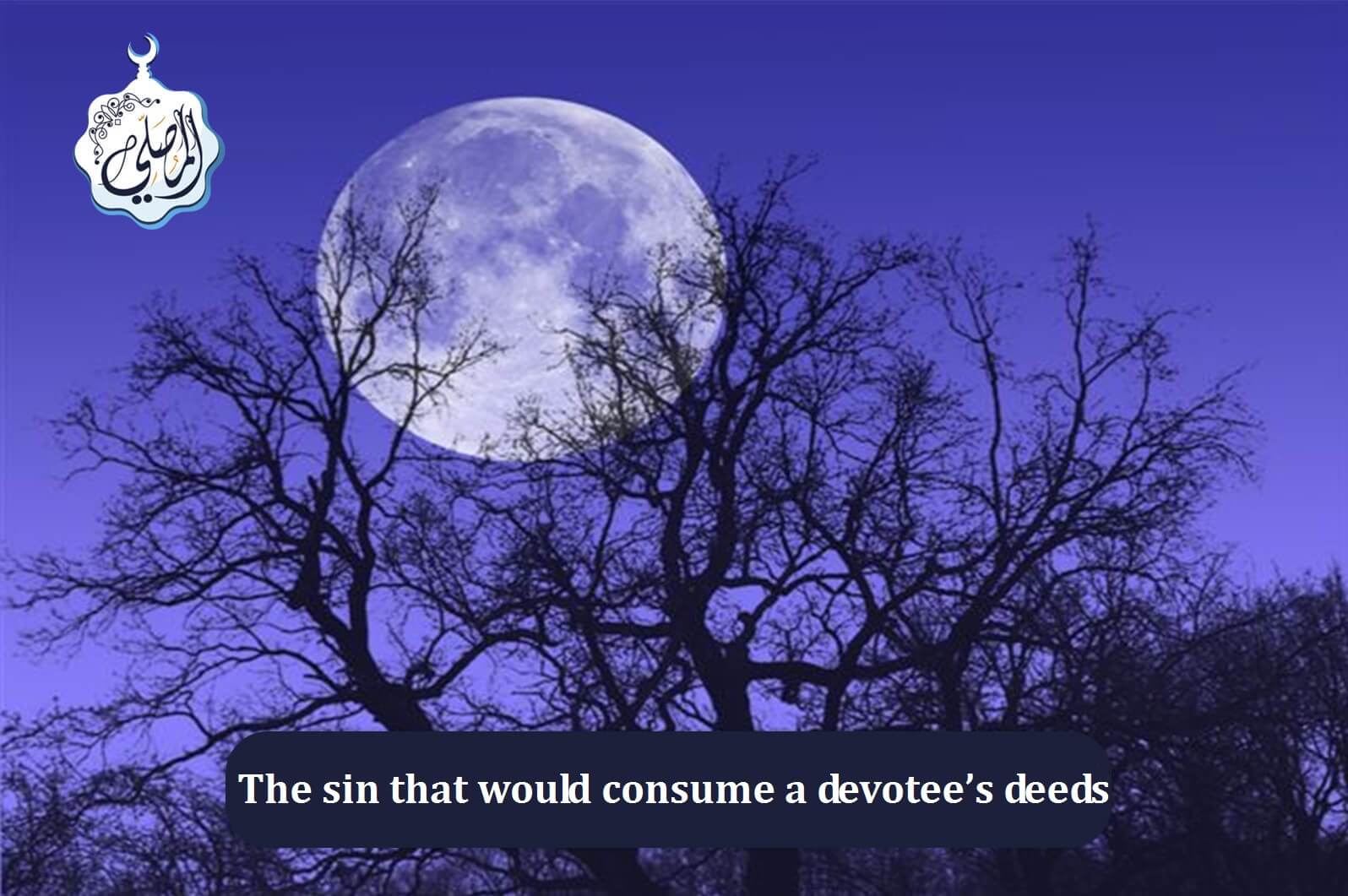
Many Muslims, unfortunately, have come to normalize that serious sin in our day to day interactions.
We tell other people the wrongdoings of another out of mindless chatter, and we share people’s personal matters in our gatherings. We may just be innocently sharing something that we heard. However, most of us may not be aware that we are falling into the sin of Gheeba (backbiting),
Gheebah means speaking about a Muslim in his absence and saying things that he would not like to have spread around or mentioned. Buhtan or (slander) means saying things about a Muslim that are not true, or in other words telling lies about him. (Nameemah )or malicious gossip means telling one person what another said in order to cause trouble between them.
Allah (swt) says:” Nor backbite one another; would any of you like to eat the flesh of his dead brother? You would abhor it. “
Abu Dharr (r) once asked the Prophet Muhammad (pbuh): “O Messenger of Allah, what is gheebah?”He replied: “It is to mention about your brother that which he detests.” Abu Dharr (r) said: “O Messenger of Allah, what if that which is mentioned of him should actually be in him?” He (pbuh) replied: “Know that when you mention that which is in him, you have committed his gheebah, and when you mention that which is not in him, then you have slandered him.
When Gheeba ingresses into your conduct, it leaves adverse effects on the soul. One of these is cultivation of enmity and hatred towards the victim, which gradually increases.
At the time of death, when the veils of the angelic realm (al-malakut) are lifted, the backbiter may be brought to witness the high station of his victims before Allah, and the honor and blessings bestowed on them by the Almighty Lord.
Messenger of Allah also guided to avoid making fun of others because it also comes under the category of backbiting,
“Once a woman visited Hazrat Aisha (RA) and when the woman got up to leave, Hazrat Aisha (R.A) made a sign with her hand indicating to the Prophet (P.B.U.H) that the woman was short of stature. The Prophet (P.B.U.H) immediately chastised her, saying, “You have backbitten!”
The Prophet (pbuh) said: "No fire is faster in consuming dry wood than gheebah in consuming a devotee's virtues."
Its punishment
Prophet Mohammad (pbuh) discussed the punishment of backbiting; he said that during the Night of Ascension (Mai’raj), he saw a group of people who were scratching their chests and faces with their copper nails. He said, that when he asked, ‘Who are these people, O Jibril?’ Jibril replied: ‘These are the people who ate flesh of others (by backbiting) and trampled people’s honor.’
The Messenger of Allah (pbuh) once passed by two graves and said, “They are being punished, but they are not being punished for anything that was difficult to avoid. One of them used to walk about spreading malicious gossip (nameemah), and the other used not to take precautions to avoid getting urine on himself when he urinated.” Then he called for a green branch, which he split in two and planted a piece on each grave, and said, “May their torment be reduced so long as these do not dry out.”
Do not even listen to Gheeba!
In the same manner as backbiting is prohibited, so also is listening to it.
The Prophet (pbuh) said: “The listener is one of the two backbiters.”
He (pbuh) also said: “whoever does a favor to his brother by refuting his backbiting upon hearing it in a gathering, God shall save him from a thousand kinds of evils in this world and in the Hereafter. And if he does not do so despite his ability to refute it, on him shall be the burden of one who commits his backbiting seventy times.”
Among the more subtle forms of backbiting is listening to it with amazement. Such a person expresses his amazement in order to make the backbiter more lively in his descriptions. His amazement encourages the latter in his evil act. For instance, he will say, “Strange” Or he might say, “I didn't know that!” or “I didn't know he would do such a thing!” These expressions are meant to affirm the backbiter's statements and to encourage him to add something more. These acts are in fact the Devil's artifices. Surely, to affirm backbiting is also backbiting; as is to listen to it, or even to remain silent upon hearing it.
Its expiation
Shaykh al-Islam Ibn Taymiyah said:
“Whoever wrongs a person by slandering him, backbiting about him or insulting him, then repents, Allah will accept his repentance, but if the one who was wronged finds out about that, he has the right to settle the score. But if he slandered him or backbit about him and the person did not hear of that, then there are two views according to the scholars, both of which were narrated from Ahmad, the more correct of which is that he should not tell him that he spoke against him in his absence. It was said that he should rather speak well of him in his absence just as he spoke badly of him in his absence, as al-Hasan al-Basri said: the expiation for gheebah is to pray for forgiveness for the person about whom you backbit.”
Exceptions
One must be very careful not to let the existence of these exceptions allow transgression into sin. Some of these situations are:
To protect Muslims from the evil of another person, including situations where one is asked to vouch for the integrity of a marriage prospect.
When the person being talked about does not conceal his violations of Divine commands
To describe any fault of a patient before a physician for purposes of treatment.
When telling the scenarios in the court so that it would be easier for the judge to make a fair decision.
A person can also disclose someone who can cheat or steal, just to prevent others from any harmful consequences.
Because the deeds depend on the intentions of a person and so we must be true to our intentions.










 share facebook
share facebook share whatsApp
share whatsApp share twitter
share twitter share telegram
share telegram copy
copy







